Prof. Orly Rubinsten
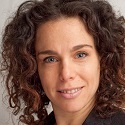 I use a neuro-cognitive approach to study developmental disorders. In particular, by using Event-Related Potentials (ERP) methodology and experimental tasks adopted from cognitive psychology, I investigate specific cognitive processes and their failure in developmental dyscalculia. Current research in my lab focuses on ordinality, estimation, working memory, and inhibition. We are interested in the typical development of these critical aspects of cognitive function, their efficiency in various neurodevelopmental disorders (e.g., developmental dyscalculia, ADHD, reading disorder), and their sensitivity to emotion and more specifically to math anxiety. Our research on numerical cognition emphasizes the idea that numerical cognition is not a single mechanism, but is instead functioning within diverse neurocognitive subsystems in different conditions.
We aim to continue investigating the underlying cognitive causes of developmental dyscalculia and other associated neurodevelopmental disorders and to link them to behavioural symptoms as well as to brain systems. We intend to make this research relevant to the education of people with developmental disorders.
I use a neuro-cognitive approach to study developmental disorders. In particular, by using Event-Related Potentials (ERP) methodology and experimental tasks adopted from cognitive psychology, I investigate specific cognitive processes and their failure in developmental dyscalculia. Current research in my lab focuses on ordinality, estimation, working memory, and inhibition. We are interested in the typical development of these critical aspects of cognitive function, their efficiency in various neurodevelopmental disorders (e.g., developmental dyscalculia, ADHD, reading disorder), and their sensitivity to emotion and more specifically to math anxiety. Our research on numerical cognition emphasizes the idea that numerical cognition is not a single mechanism, but is instead functioning within diverse neurocognitive subsystems in different conditions.
We aim to continue investigating the underlying cognitive causes of developmental dyscalculia and other associated neurodevelopmental disorders and to link them to behavioural symptoms as well as to brain systems. We intend to make this research relevant to the education of people with developmental disorders.
E-Mail: orly.rubinsten@gmail.com
Post docsDr. Moran Farhi
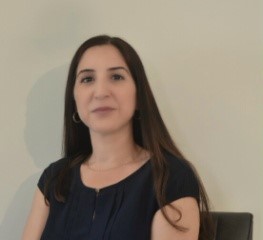 I completed my Ph.D. in 2020 at Tel Aviv University under the supervision of Prof.
Lilach Shalev-Mevorach, that focused on numerical cognition, attention functioning, working memory and academic achievements in math among children and adolescents.
I hold a MA in Learning Disabilities from the Hebrew University, and a BA in Education and Sociology from the Hebrew University.
I'm also hold a teaching certificate for special education from the Hebrew University.
Lecturer and pedagogical instructor in the special education at David Yellin College in Jerusalem, and I'm teaching theoretical and practical courses in the field of tailored teaching in math and learning strategies.
Currently, I am starting my Postdoctoral on behalf of MOFFAT Institute, under the supervision of Prof. Orly Rubinsten.
My research will focus on emotional regulation among math teachers and the implementing practices for coping with student math anxiety.
I completed my Ph.D. in 2020 at Tel Aviv University under the supervision of Prof.
Lilach Shalev-Mevorach, that focused on numerical cognition, attention functioning, working memory and academic achievements in math among children and adolescents.
I hold a MA in Learning Disabilities from the Hebrew University, and a BA in Education and Sociology from the Hebrew University.
I'm also hold a teaching certificate for special education from the Hebrew University.
Lecturer and pedagogical instructor in the special education at David Yellin College in Jerusalem, and I'm teaching theoretical and practical courses in the field of tailored teaching in math and learning strategies.
Currently, I am starting my Postdoctoral on behalf of MOFFAT Institute, under the supervision of Prof. Orly Rubinsten.
My research will focus on emotional regulation among math teachers and the implementing practices for coping with student math anxiety.
E-Mail: moransitbon@gmail.com
Ph.D students Michal Wolk
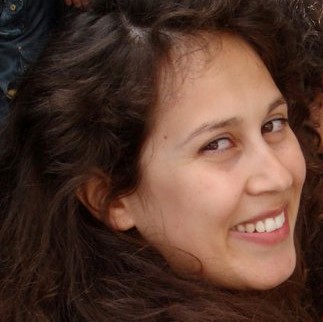 I hold a B.A in Management Information Systems from Haifa University (2010), and a teaching certificate for special education from Oranim College (2013). I am also an MA graduate of the “Interdisciplinary Program in Difficulties and Learning Disabilities in Arithmetic and Mathematics”. In the last 6 years, I have been teaching children with learning difficulties at the “Beit-Ruth” center, and working as a teaching assistant in the department of special education in Oranim college.
Currently, I am a PhD student. My research focuses on perception of parts and the whole in dyscalculia.
I hold a B.A in Management Information Systems from Haifa University (2010), and a teaching certificate for special education from Oranim College (2013). I am also an MA graduate of the “Interdisciplinary Program in Difficulties and Learning Disabilities in Arithmetic and Mathematics”. In the last 6 years, I have been teaching children with learning difficulties at the “Beit-Ruth” center, and working as a teaching assistant in the department of special education in Oranim college.
Currently, I am a PhD student. My research focuses on perception of parts and the whole in dyscalculia.
E-Mail: wolkmichal@gmail.com
Dassie Segal
 I am Dassie Segal, the oldest of Prof. Orly Rubinsten’s PhD students.
I am a life partner to David, a mother to Eyal and Adi, and a grandmother to three cute grandchildren.
For many years, I have been teaching the field of learning disabilities in arithmetic, in the Gordon and Oranim colleges. I’ve developed diagnostics and learning strategies.
Now I am writing my PhD research on “Numerical non-symbolic and symbolic magnitude representations” among first and second grade students.
At the current stage, I am writing an article on a research that examined the accuracy in the non-symbolic system and the effect of inhibition on it.
I am Dassie Segal, the oldest of Prof. Orly Rubinsten’s PhD students.
I am a life partner to David, a mother to Eyal and Adi, and a grandmother to three cute grandchildren.
For many years, I have been teaching the field of learning disabilities in arithmetic, in the Gordon and Oranim colleges. I’ve developed diagnostics and learning strategies.
Now I am writing my PhD research on “Numerical non-symbolic and symbolic magnitude representations” among first and second grade students.
At the current stage, I am writing an article on a research that examined the accuracy in the non-symbolic system and the effect of inhibition on it.
E-Mail: segaldassie@gmail.com
Hila Kanner
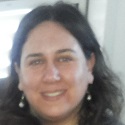 I graduated from Haifa University with an MA in Learning Disabilities (2008), where I worked with Prof. Avi Karni on cognitive skills required for intact solutions of arithmetic facts.
I graduated from Haifa University with an MA in Learning Disabilities (2008), where I worked with Prof. Avi Karni on cognitive skills required for intact solutions of arithmetic facts.
My main interest is in the neuro-cognitive mechanism of subitizing and counting and its developmental course. I study the effects that numerical representations have on arithmetical and mathematical performance and the different manifestations of numerical representations among different types of learning disabilities, such as ADHD and developmental dyscalculia.
E-Mail: hilakanner@gmail.com
Hili Eidlin – Levy
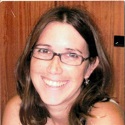 I graduated from Haifa University with an MA in Learning Disabilities and in Occupational Therapy (B.OT).
I graduated from Haifa University with an MA in Learning Disabilities and in Occupational Therapy (B.OT).
My research focuses on math anxiety (MA) as a multi – dimensional phenomenon, the preliminary phase of MA and the components affecting it. My research goals are to define whether different cognitive profiles (verbal or spatial) influence development of MA, to define how teaching techniques and different mathematical tasks affect MA, and to establish the relationship between MA and students' career choices.
E-Mail: hilieidlin@gmail.com
Lital Daches
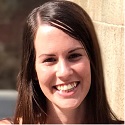 I am a Ph.D student at the Department of Learning Disabilities, University of Haifa. I hold a M.A in Learning Disabilities, and a B.A in Counseling and Human Development and Special Education from the University of Haifa.
I am a Ph.D student at the Department of Learning Disabilities, University of Haifa. I hold a M.A in Learning Disabilities, and a B.A in Counseling and Human Development and Special Education from the University of Haifa.
My Ph.D. Thesis focuses on the role of emotion regulation in the development of math anxiety. My research goals are to define profiles of emotion regulation strategies among math-anxious individuals; to examine whether different emotion regulation strategies influence the development of math anxiety and mitigate the effects of anxiety on performance; and to investigate whether adaptive emotion regulation strategies can be developed in math-anxious individuals.
E-Mail: litaldaches@gmail.com
M.A. students Shani Cynovich
 I am a Master’s student in the Educational Psychology program at the University of Haifa.
I am a Master’s student in the Educational Psychology program at the University of Haifa.
I received my B.A. in Psychology and Cognitive Science from Ben Gurion University, in 2019.
Currently, I am writing a Master’s thesis under the joint supervision of Prof. Orly Rubinsten and Prof. Bat-Sheva Hadad. My M.A. thesis research focuses on Perceptual Grouping, that is part of human Gestalt perception.
The thesis aims to clarify the important role of Perceptual Grouping among individuals with Developmental Dyscalculia.
E-Mail: scynovic@campus.haifa.ac.il
Lilach Layzer Yavin
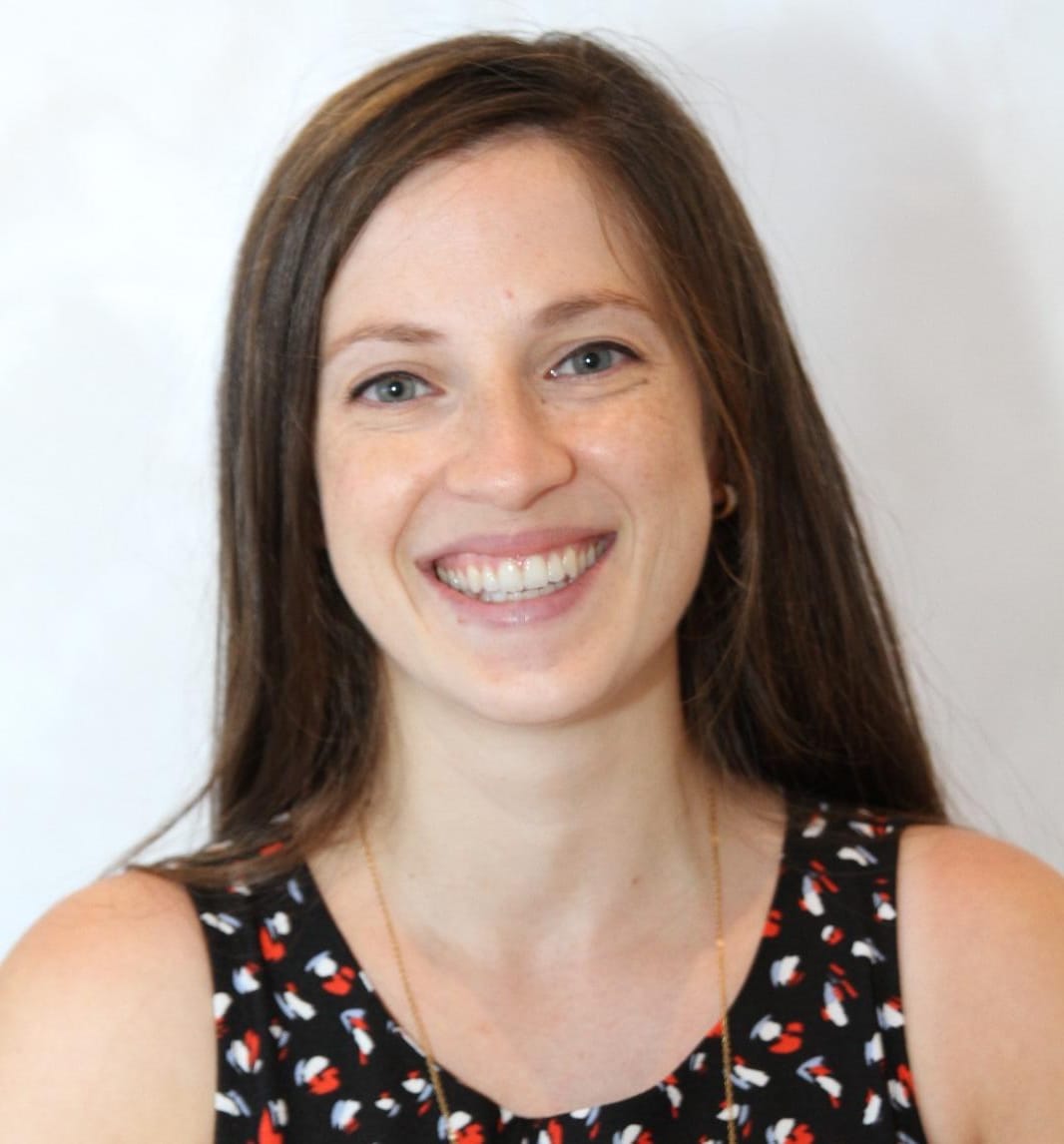 Since receiving my B.Ed in Special Education and Math Education from Oranim College, I’ve been working as a high school math teach, and recently started teaching a course on the development of numeracy at young ages at Oranim College.
I am an M.A. student at the faculty for Learning Disabilities at Haifa University, currently working on my thesis at the Language and Numbers Lab under Prof. Orly Rubinsten.
My research focuses on the investigation of physiological measures of mathematical anxiety.
Since receiving my B.Ed in Special Education and Math Education from Oranim College, I’ve been working as a high school math teach, and recently started teaching a course on the development of numeracy at young ages at Oranim College.
I am an M.A. student at the faculty for Learning Disabilities at Haifa University, currently working on my thesis at the Language and Numbers Lab under Prof. Orly Rubinsten.
My research focuses on the investigation of physiological measures of mathematical anxiety.
E-Mail: layzer.lil@gmail.com
Sapir Nevo
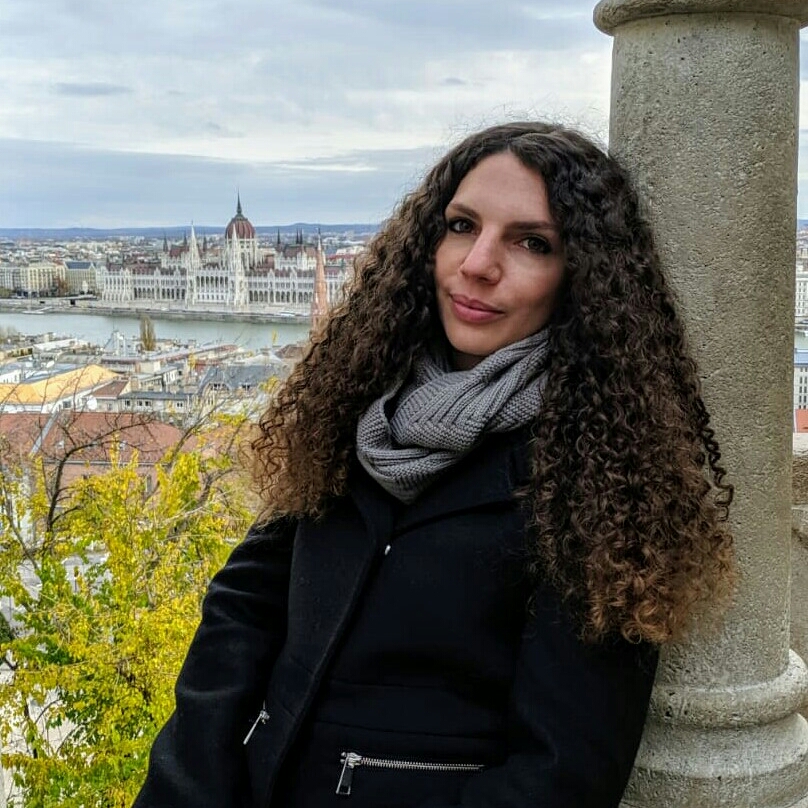 A master’s degree student in the department of learning disabilities in the faculty of education in Haifa university. B.A in education and history from Oranim college.
My master’s thesis will focus on non-symbolic and symbolic numerical magnitude processing in young children. My research is a part of a longitudinal study following children’s executive functions, mathematical and lingual skills, from pre-school to the second grade.
A master’s degree student in the department of learning disabilities in the faculty of education in Haifa university. B.A in education and history from Oranim college.
My master’s thesis will focus on non-symbolic and symbolic numerical magnitude processing in young children. My research is a part of a longitudinal study following children’s executive functions, mathematical and lingual skills, from pre-school to the second grade.
E-Mail: sapir8n@gmail.com
Shaked Or
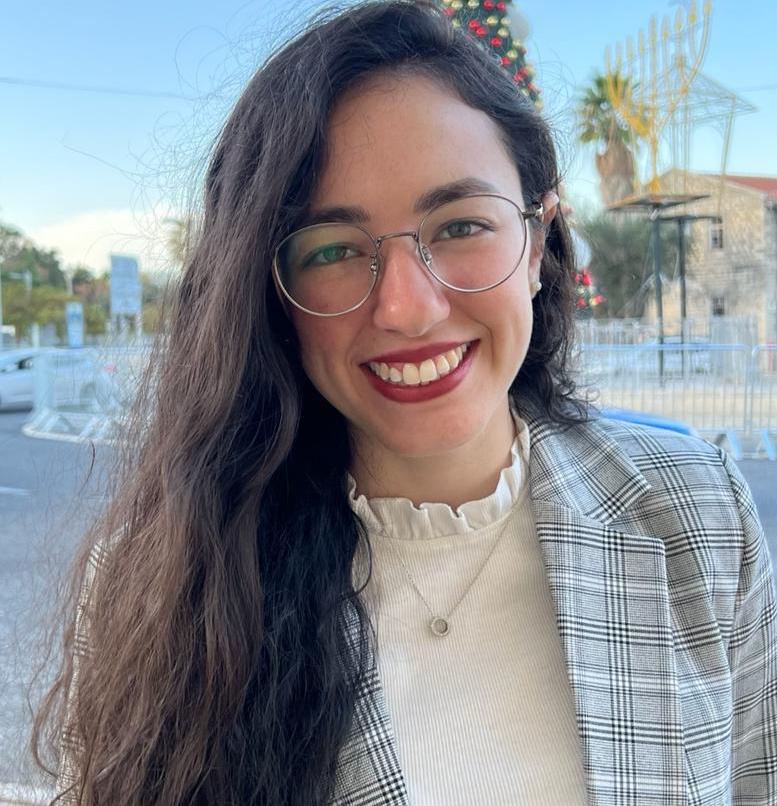 I received my B.Ed. in Special Education (Ages 6-21) and High School Math Education including a teaching certificate from the Gordon College of Education at Haifa.
I am an M.A. student in the faculty of Learning Disabilities at Haifa University.
My thesis guided by Prof. Rubinsten, will try to shed light on how Math Anxiety would be mediated by Age, Emotion Regulation, Math Performance and anxiety in general among women in two age groups (young and mature women).
I received my B.Ed. in Special Education (Ages 6-21) and High School Math Education including a teaching certificate from the Gordon College of Education at Haifa.
I am an M.A. student in the faculty of Learning Disabilities at Haifa University.
My thesis guided by Prof. Rubinsten, will try to shed light on how Math Anxiety would be mediated by Age, Emotion Regulation, Math Performance and anxiety in general among women in two age groups (young and mature women).
E-Mail: shaked451@gmail.com
Lab ManagerMiri Goldberg
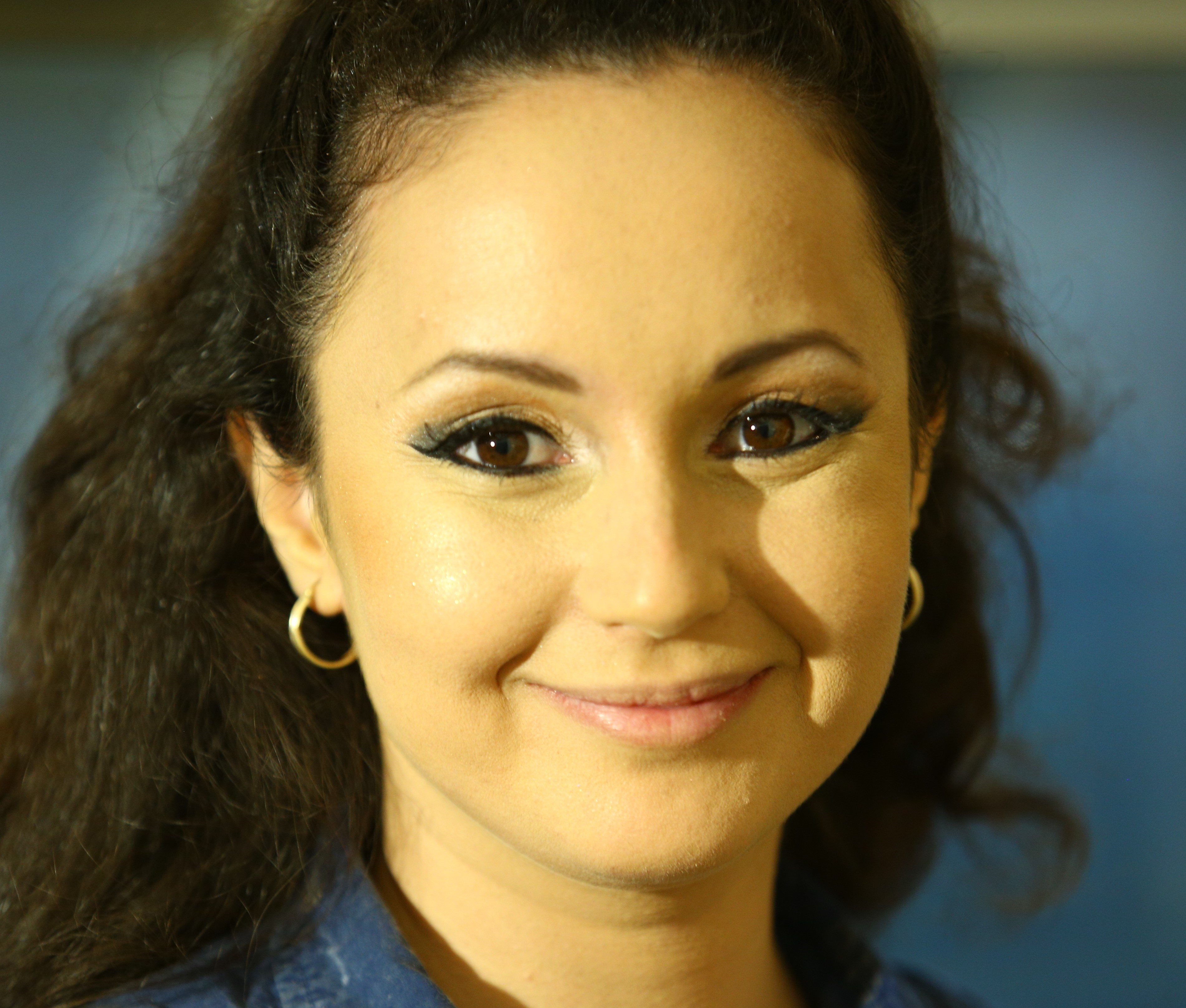 I am a B.A. graduate in Psychology and English Language and Literature, and an M.A. graduate in Occupational-Organizational Psychology, from the University of Haifa.
For the last few years I have been working with Dr. Tamar Degani from the Department of Communication Sciences & Disorders at the University of Haifa, managing her Multilingual Lab. While working together, we have conducted a study examining interactions of translation ambiguity and individual differences in cognitive resources and linguistic background during foreign vocabulary learning. Native Hebrew speakers and Russian-Hebrew multilinguals learned the phonological form of unambiguous and ambiguous Arabic words along with their Hebrew translation and meaning definition. Results from translation-production and meaning-recognition tests revealed greater difficulty in learning translation-ambiguous words than translation unambiguous ones. Further, learners’ phonological memory was associated with overall better learning, but also with increased translation-ambiguity cost. Finally, learners’ proficiency in the language from which learning took place (Hebrew), but not degree of multilingualism, modulated learning. This study is to be published in the Language Learning academic journal.
I am a B.A. graduate in Psychology and English Language and Literature, and an M.A. graduate in Occupational-Organizational Psychology, from the University of Haifa.
For the last few years I have been working with Dr. Tamar Degani from the Department of Communication Sciences & Disorders at the University of Haifa, managing her Multilingual Lab. While working together, we have conducted a study examining interactions of translation ambiguity and individual differences in cognitive resources and linguistic background during foreign vocabulary learning. Native Hebrew speakers and Russian-Hebrew multilinguals learned the phonological form of unambiguous and ambiguous Arabic words along with their Hebrew translation and meaning definition. Results from translation-production and meaning-recognition tests revealed greater difficulty in learning translation-ambiguous words than translation unambiguous ones. Further, learners’ phonological memory was associated with overall better learning, but also with increased translation-ambiguity cost. Finally, learners’ proficiency in the language from which learning took place (Hebrew), but not degree of multilingualism, modulated learning. This study is to be published in the Language Learning academic journal.
E-Mail: mirkin.kru@gmail.com
AlumniRoni Hacham
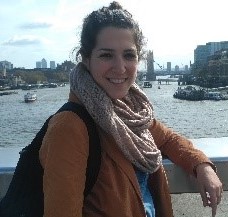
E-Mail: roni.hacham1@gmail.com
Shahar Evron
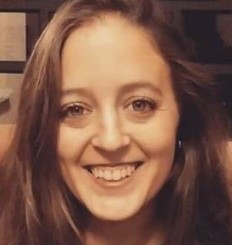
E-Mail: shaharev@gmail.com
Tzlil Edery

E-Mail: tzliled@gmail.com
Nirit Fooks Leichter
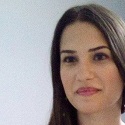
E-Mail: niritf2222@gmail.com
Nachshon Korem Ph.D

E-Mail: koremnsn@gmail.com
Dana Sury-Barot

E-Mail: surydana@gmail.com
Tamar Furman
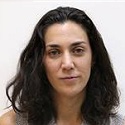
E-Mail: furmantamar@gmail.com
Noam Bialik

E-Mail: noam.saragossi@gmail.com
Naama Levin
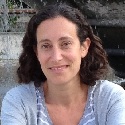
E-Mail: levin.naama@gmail.com
Elad Avraham
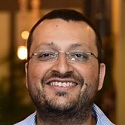
E-Mail: eladav84@gmail.com
Orly Akibli

E-Mail: orlyakibli@gmail.com
Muna Rohana-Touma
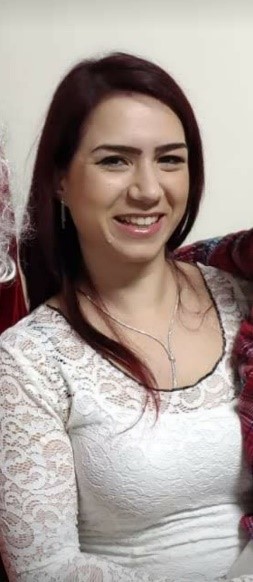
E-Mail: mouna_r_15@hotmail.com
Noa Zigelman

E-Mail: nzigelman@gmail.com
Shirley Rapoport

E-Mail: shirley.nim@gmail.com
Lital Zeevi

E-Mail: litalzeevi@gmail.com
Naama Gilad
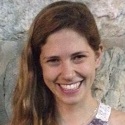
E-Mail: naamagilad@gmail.com
Laurain Fares
contact us
- Orly Rubinsten
Department of Learning Disabilities
University of Haifa, Haifa 3498838
Israel - E-mail: orly.rubinsten@gmail.com
- Office: 04-8288131 (Internal 8131)
